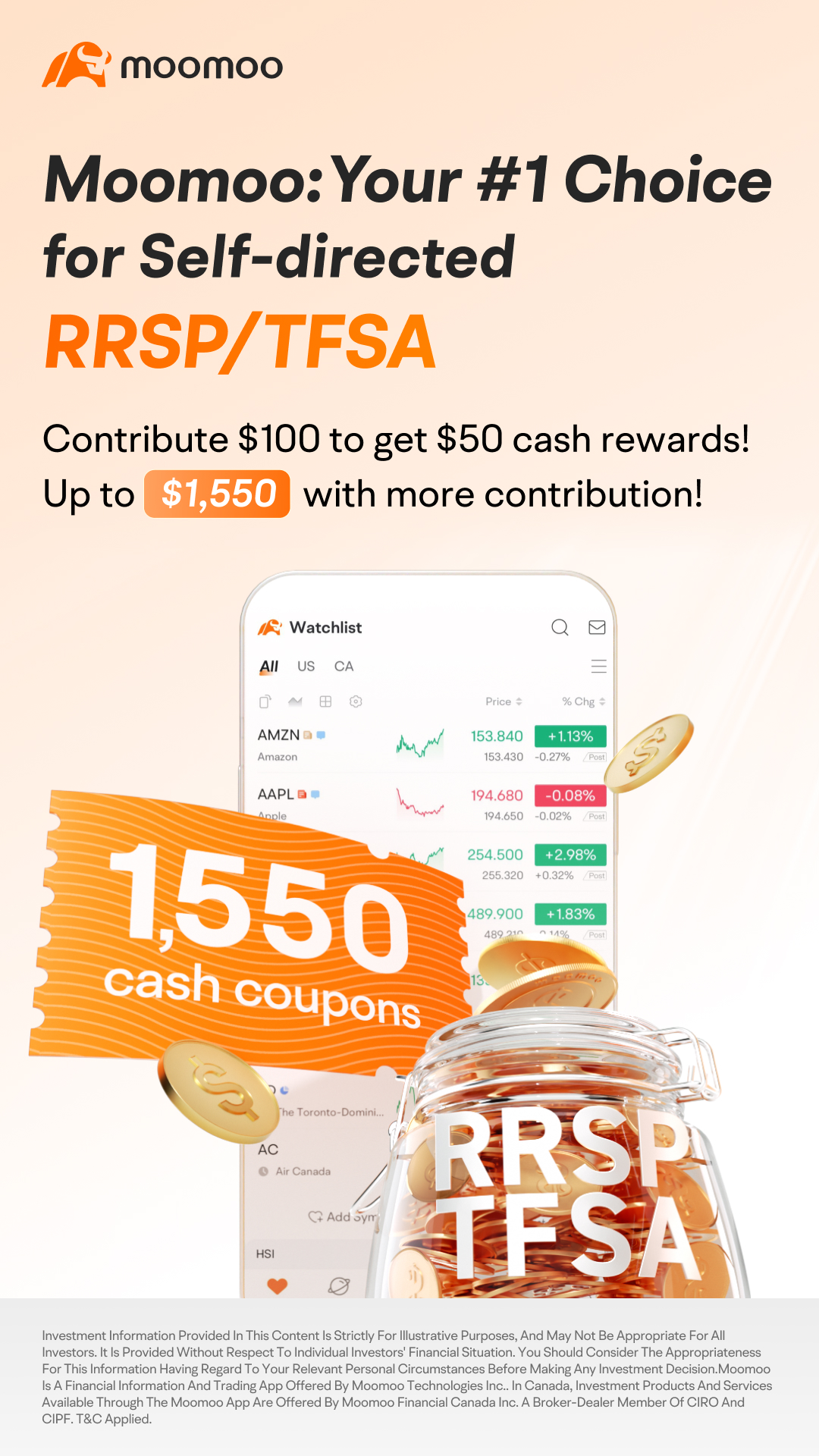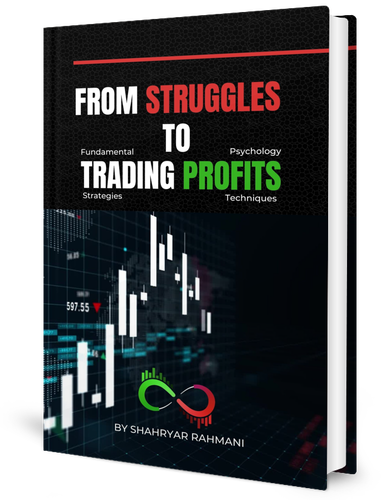Trading can often seem like a battlefield of data and predictions, where cold, hard logic reigns supreme. However, even the most seasoned traders will admit that emotions play a significant role in trading decisions. Understanding the impact of emotions on trading can help traders guard against common pitfalls and harness their feelings to make smarter decisions. In this blog post, we’ll explore how emotions can affect your trading decisions and provide tips on maintaining emotional discipline.
Table of Contents
Understanding Emotional Trading
Emotional trading occurs when traders make trading decisions based on feelings rather than facts, analysis, or a predetermined strategy. This behavior can be particularly detrimental for beginner traders who might lack the experience and emotional resilience that seasoned traders possess. Emotional trading often involves decisions driven by fear, greed, or excitement. A trader might panic and sell off their stocks during a minor market dip, fearing further loss. Market volatility, news events, or personal financial needs and pressures are common emotional triggers.
For instance, fear can cause a trader to sell their stocks prematurely during a minor market dip to avoid potential losses, missing out on subsequent gains. Conversely, greed can lead to holding on to winning stocks too long, hoping for an even higher payoff, only to see the gains diminish or transform into losses.
The Role of Emotions in Trading
Emotional trading occurs when individuals make trades based on feelings rather than data or analysis. Common emotions that negatively impact trading include fear, greed, and hope, which can cloud judgment and lead to irrational decisions. For instance, the fear of missing out (FOMO) might prompt a trader to enter a rising market too late, purchasing at the peak only to find themselves in a loss position as the market corrects itself.
The Consequences of Emotional Trading
The consequences of trading based on emotions can be dire. Emotional decisions often lead to buying high and selling low, the exact opposite of profitable trading strategies. Moreover, emotional trading can increase market volatility, leading to wider swings in prices and creating a challenging environment for all market participants.
Emotional Intelligence in Trading
Developing emotional intelligence is crucial for traders. This doesn’t just involve managing your emotions but also understanding the emotional climate of the market. Market sentiment can often drive price movements, and being attuned to these emotions can provide critical insights.
Common Emotions in Trading
Traders often experience a range of emotions that can significantly impact their decision-making process. Here are some of the most common emotions in trading with examples to illustrate their impact and how to manage them:
Fear
Fear can be triggered by unexpected market volatility or the potential for losses. It can cause traders to exit positions prematurely or avoid taking trades altogether. Fear of losing money can cause traders to exit positions too early or avoid taking trades, even when the setup is favorable.
Example: Imagine a trader who has just experienced a significant loss. The next time they see a potential trade setup, they hesitate and decide not to enter the trade, fearing another loss. This causes them to miss out on a profitable opportunity.
How to control fear:
- Risk Management: Use stop-loss orders to limit potential losses and reduce fear.
- Education: Gain a thorough understanding of the markets to build confidence.
- Mindfulness: Practice mindfulness techniques to stay calm and focused.
Greed
Greed can lead to over trading or holding onto winning positions for too long, hoping for even greater profits. This often results in significant losses if the market reverses. This emotion can make traders hold a position too long, hoping for an unrealistic profit, which can backfire if the market turns.
Example: A trader has a winning position and sees the price continuing to rise. Instead of taking profits at a predetermined target, they hold on, hoping for even greater gains. Eventually, the market reverses, and they end up losing their profits.
How to control greed:
- Set Profit Targets: Define clear profit targets and stick to them.
- Discipline: Develop and adhere to a trading plan that includes rules for taking profits.
- Regular Breaks: Take regular breaks to avoid the temptation of overtrading.
Euphoria
Euphoria, or intense excitement from a profitable trade or winning streak, can lead to overconfidence which can lead to taking greater risks, which might not always pay off.
Example: After a series of successful trades, a trader feels euphoric and invincible. They start taking larger positions and ignoring their risk management rules. This overconfidence leads to significant losses when the market turns against them.
How to control euphoria:
- Stay Grounded: Remember that market conditions can change rapidly.
- Risk Management: Always use proper risk management techniques.
- Continuous Learning: Keep learning and improving your trading skills.
Despondency
Despondency, or deep despair, often follows significant losses or a series of losses. It can lead to a lack of confidence and reluctance to trade.
Example: A trader experiences a string of losses and starts feeling despondent. They lose confidence in their trading abilities and become reluctant to take new trades, missing out on potential opportunities.
How to control despondency:
- Acceptance: Accept that losses are part of trading and move on.
- Focus on Learning: Analyze what went wrong and learn from mistakes.
- Support Network: Engage with a community of traders for support and encouragement.
Excitement
Excitement can cause traders to make impulsive decisions without proper analysis, driven by the thrill of trading. Impatience can drive traders to enter trades without proper analysis, simply because they want to be active in the market.
Example: A trader gets excited about a news event that they believe will move the market. Without proper analysis, they enter a trade impulsively. The market moves in the opposite direction, resulting in a loss.
How to control excitement in trading:
- Patience: Wait for the right trading setups that align with your strategy.
- Mindfulness: Practice mindfulness techniques to stay calm and focused.
- Objective Analysis: Base decisions on data and thorough analysis rather than emotions.
Frustration
Frustration can result from repeated losses or missed opportunities, leading to impulsive behavior and poor decision-making. After a loss, traders might try revenge trading to quickly recover their losses by making impulsive trades, often leading to further losses. Also, regret over missed opportunities or past mistakes can cloud judgment and lead to poor decision-making.
Example: A trader misses a profitable trade setup and feels frustrated. In an attempt to make up for the missed opportunity, they enter a trade without proper analysis, leading to a loss.
How to control frustration in trading:
- Take Breaks: Step away from the trading screen to clear your mind.
- Trading Journal: Maintain a trading journal to analyze mistakes and improve.
- Focus on Process: Concentrate on following your trading plan rather than the outcome of individual trades.
By understanding and managing these emotions, you can improve their decision-making process and achieve more consistent results.
What Are the Common Emotional Biases in Trading?
Emotional biases can significantly impact trading decisions, often leading to suboptimal outcomes. Here are some common emotional biases in trading:
Loss Aversion Bias
Traders tend to prefer avoiding losses over acquiring equivalent gains. This can lead to holding onto losing positions for too long, hoping for a turnaround, which often results in larger losses.
Example: A trader buys a stock at $100, and it drops to $90. Instead of selling to cut their losses, they hold on, hoping it will rebound. The stock continues to fall to $80, resulting in a larger loss.
How to overcome loss aversion bias:
- Set Stop-Loss Orders: Predetermine exit points to limit potential losses.
- Focus on Reward-Risk Ratio: Evaluate trades based on potential reward versus risks.
Overconfidence Bias
Overestimating your abilities or the accuracy of predictions can lead to taking excessive risks and deviating from the trading plan.
Example: After a series of successful trades, a trader feels invincible and starts taking larger positions without proper analysis. This overconfidence leads to significant losses when the market turns against them.
How to overcome overconfidence bias:
- Continuous Learning: Stay updated with market trends and strategies.
- Risk Management: Always use proper risk management techniques.
Confirmation Bias
Seeking out information that confirms pre-existing beliefs while ignoring contradictory evidence can lead to biased decision-making.
Example: A trader believes a particular stock will rise and only looks for news articles and analysis that support this view, ignoring any negative information. This can result in holding onto a losing position for too long.
How to overcome confirmation bias:
- Seek Diverse Opinions: Consider multiple perspectives before making decisions.
- Objective Analysis: Base decisions on data and analysis rather than emotions.
Fear of Missing Out (FOMO)
The fear of missing out on potential profits can lead to impulsive trading decisions, often at inopportune moments.
Example: A trader believes a particular stock will rise and only looks for news articles and analysis that support this view, ignoring any negative information. This can result in holding onto a losing position for too long.
How to overcome FOMO:
- Stick to the Plan: Follow your trading strategy and avoid impulsive trades.
- Patience: Wait for the right trading setups rather than chasing the market.
Sunk Cost Fallacy
Holding onto losing positions because of the amount already invested, hoping to recover losses, can lead to further financial damage.
Example: A trader invests in a stock that drops significantly. Instead of selling, they keep holding on, thinking they need to recover their initial investment, which leads to even greater losses.
How to overcome sunk cost fallacy:
- Cut Losses Early: Accept losses as part of trading and move on.
- Focus on Future Opportunities: Concentrate on potential future gains rather than past losses.
Self-Control Bias
Difficulty in controlling impulses and sticking to long-term goals can lead to inconsistent trading behavior.
Example: A trader plans to hold a stock for the long term but sells it impulsively after a small gain, missing out on larger potential profits.
How to overcome self-control bias:
- Discipline: Develop and adhere to a strict trading plan.
- Mindfulness: Practice mindfulness techniques to improve self-control.
By recognizing and managing these biases, you can make more rational and objective decisions, leading to better trading outcomes.
The Impact of Emotional Trading
Emotions can significantly impact trading decisions, often leading to suboptimal outcomes. Here are some common ways emotions can affect traders:
- Poor Decision Making: Emotions can cloud judgment, leading to impulsive decisions that do not align with a well-thought-out trading strategy.
- Increased Risk of Losses: Emotional decisions often do not consider the full spectrum of market analysis, potentially increasing the likelihood of making loss-inducing trades.
- Stress and Anxiety: Frequent emotional trading can lead to increased personal stress and anxiety, which can further impair decision-making abilities.
Emotional Trading Signs
- Overtrading: Making an unusually high volume of trades in response to market movements.
- Ignoring Strategy: Deviating from or completely ignoring the trading plan.
- Mood Swings: Experiencing extreme highs and lows based on the performance of one’s trading activity.
Strategies to Combat Emotional Trading
Here are some common strategies to better manage your emotions and make more rational, objective trading decisions:
1. Develop a Trading Plan
One of the most effective ways to mitigate emotional trading is by developing a detailed trading plan that includes entry and exit rules, trading goals, and risk tolerance levels. Before you begin trading, develop a clear plan that includes strategies, goals, and risks. This plan should serve as your roadmap, guiding your decisions irrespective of your emotional state. Sticking to this plan can help you maintain discipline and reduce emotional influence. Clearly define your trading strategy, including entry and exit rules, risk management tactics, and profit goals.
2. Set Emotional Boundaries
Establish limits on how much you are willing to lose or gain in a day to prevent emotional escalation. Consider using stop-loss orders and profit targets to help maintain discipline. These can help mitigate the impact of sudden market movements and ensure that you do not hold onto a losing trade too long or sell a winning trade too early.
Implementing stop-loss orders can help traders limit their losses and take the emotion out of deciding when to sell. A stop-loss is set at a predetermined level to automatically sell the asset if prices fall to that level, helping to prevent emotional decisions in the heat of the moment.
3. Keep a Trading Journal
Maintaining a journal where you record your trades, the rationale behind each trade, and their outcomes can provide insightful reflections on the influence of emotions on your trading. Reviewing this journal regularly can help identify emotional patterns that lead to poor trading decisions. Documenting your trades, including the reasoning behind them and their outcomes, can provide valuable insights into how emotions affect your decisions. This reflection can improve future decision-making.
4. Practice Mindfulness and Emotional Awareness
Being aware of your emotional state before making trade decisions is crucial. If you find yourself feeling overly emotional, it might be wise to take a break and re-evaluate your strategy. Practices like mindfulness can help maintain a clear head and reduce the impact of stress and emotions on trading decisions. Engage in regular mindfulness exercises, such as meditation and deep-breathing exercises to enhance focus and reduce emotional reactivity.
5. Continuous Education
Understanding market forces, trading techniques, and the psychological aspects of trading can arm traders with knowledge to combat the uncertainties of the market with reasoned responses rather than emotional reactions. Continuous learning about market conditions, trading tactics, and financial management can help build confidence and reduce emotional influence. The more you understand market conditions and trading strategies, the more confident and less emotionally driven you will be. Consider ongoing education as part of your trading strategy. So, to boost your trading skills, participate in our incubator program.
Final Words
Emotional trading is a significant barrier to success for traders. By understanding and implementing the strategies, traders can enhance their trading discipline, reduce emotional interference, and improve their overall trading performance. Remember, the key to successful trading lies not just in the numbers and charts but in managing your emotions effectively. Stay disciplined, stick to your trading plan, and keep emotions in check to make rational, informed decisions. By taking these steps, you can work towards becoming a more disciplined and successful trader, leading to better outcomes and a more enjoyable trading experience.
FAQs
Emotional trading occurs when traders let their emotions, such as fear, greed, or excitement, drive their trading decisions rather than sticking to pre-defined strategy. This leads to impulsive actions which can negatively impact trading performance
Emotionless trading includes making trading decisions based on pre-defined plan and logical strategies rather than emotional impulses. This helps minimize psychological biases and improve trading outcomes.
To control your emotions while trading, establish a clear trading plan and stick to it. Use techniques like mindfulness, deep-breathing exercises, and regular breaks to stay calm. Additionally, keeping a trading journal can help you reflect on your decisions and improve emotional discipline.
Psychological trading refers to how a trader’s emotions and mental state influence their trading decisions. It involves understanding and managing emotions like fear and greed to make rational, disciplined trading choices.
Emotional trading is detrimental because it leads to impulsive decisions driven by fear, greed, or excitement, rather than logical analysis. This often results in inconsistent performance, increased risk of losses, and deviation from a well-defined trading strategy.














